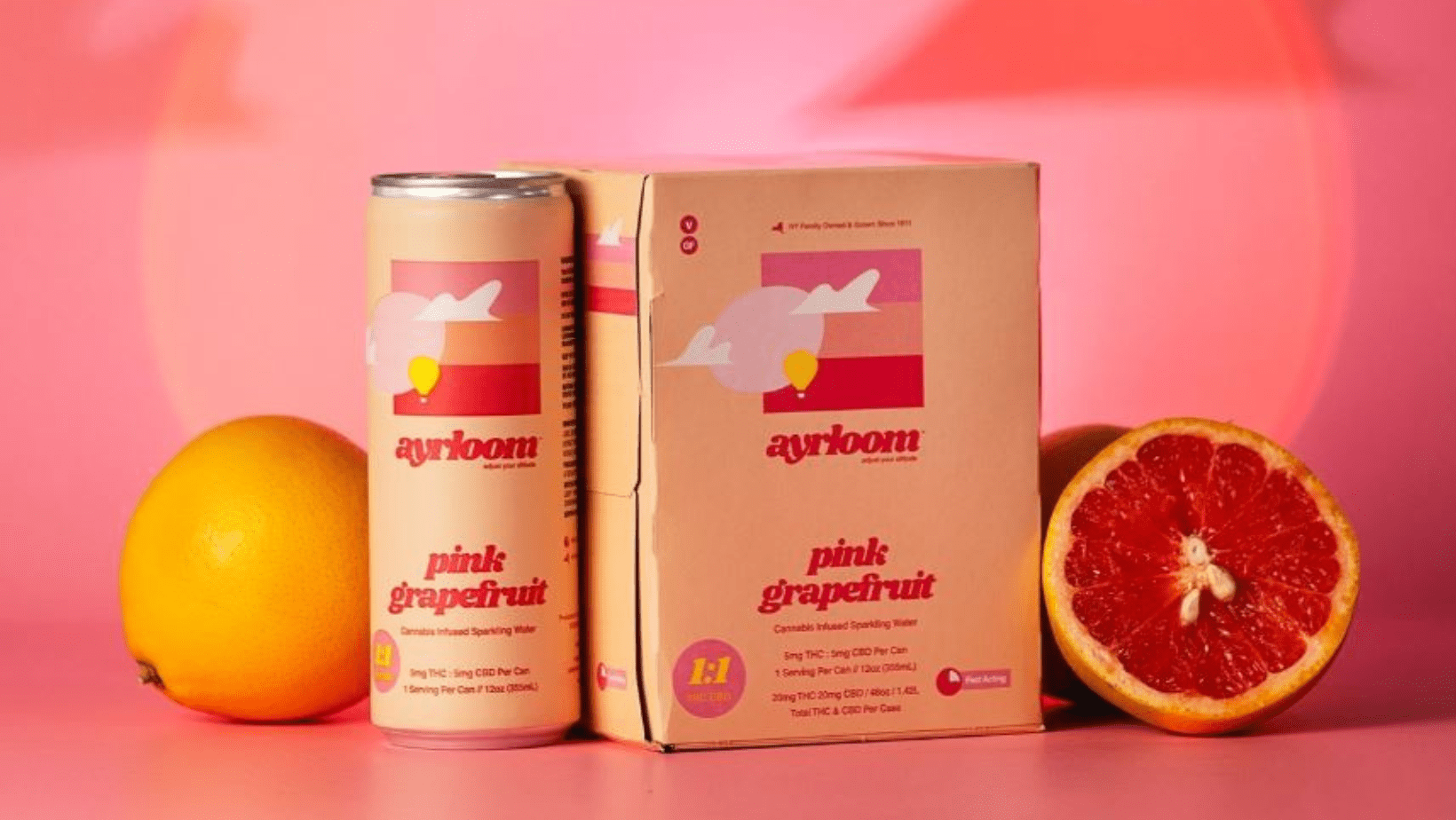Most cannabis brands aren’t attached to a mainstream business that dates back more than 100 years.
But Gen 5 Labs’ ayrloom brand is a part of Beak & Skiff, a well-known apple orchard located in Lafayette, New York, that also makes and sells CBD products and alcoholic beverages under its 1911 brand.
Founded in 1911, the Beak & Skiff apple orchard added products like cider in the 1970s and 1980s. It built a canning facility in the 2000s and added its 1911 Established line of hard ciders. That prepared the company to begin making CBD-infused beverages when New York launched its hemp research program four years ago.
Beak & Skiff started with a one-acre hemp crop before planting ten acres of the plant and building a processing facility with an eye toward making products using the hemp grown on its farm.
“It’s similar to our apple business in that it’s completely vertically integrated,” said Eddie Brennan, ayrloom’s CEO. “It was a challenging road with hemp to say the least, and CBD was a boom-bust cycle everyone got caught up in.”
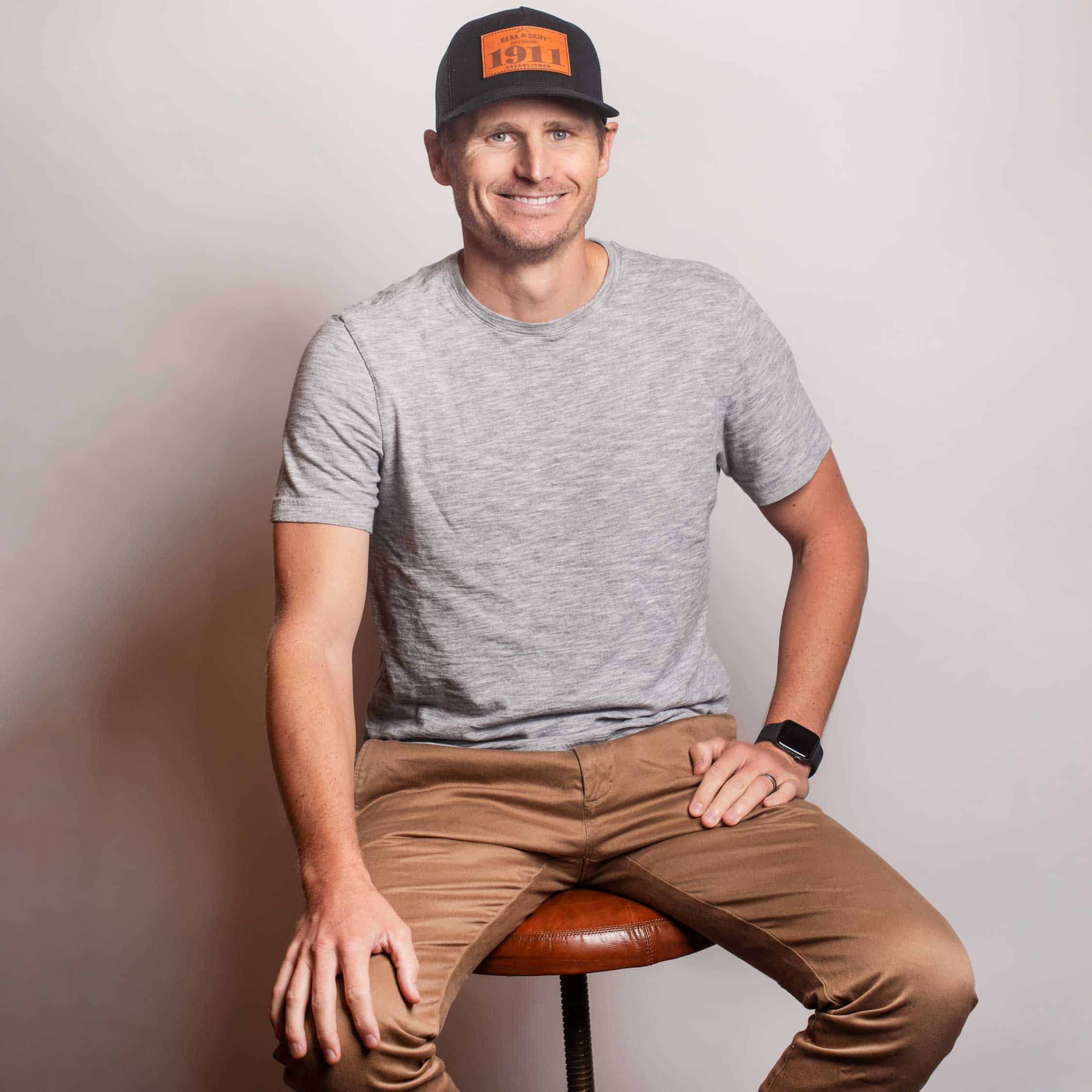
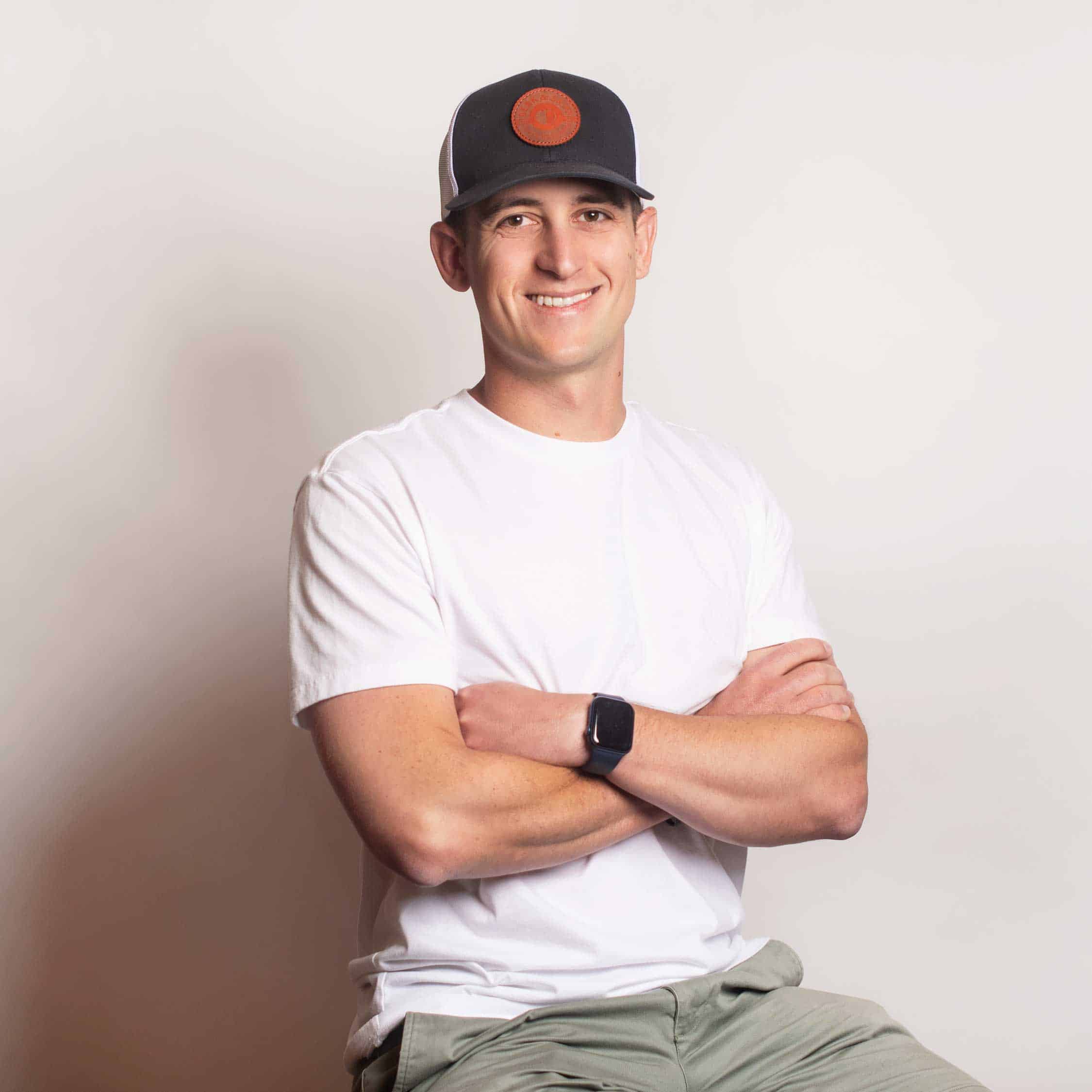
When New York legalized adult-use cannabis, Beak & Skiff wanted in on the game. The only difference in the business models is that cannabis companies cannot be vertically integrated, so Gen 5 Labs partners with retailers to stock its ayrloom products.
“It’s refreshing to be able to get into a new market with marijuana and be one of the first to market,” Brennan said. “This is a new brand we’re starting from scratch. We felt it was important to create a standalone brand that’s still linked to Beak & Skiff.”
Ayrloom beverages are available in the two cannabis dispensaries that have opened in New York and are likely to be in three more that are expected to open by the end of the month.
The biggest challenge for cannabis beverage companies is building out the infrastructure, which Brennan says is far more expensive than what’s required for vapes and edibles. Alcohol and THC products can’t be produced in the same place, but because Gen 5 Labs already was making CBD beverages, it had the infrastructure to make the drinks and distribute them.
And the 30,0000-square-foot facility has plenty of capacity to meet the anticipated demand for its products in New York’s fledgling cannabis market. It can run up to 150 cans per minute — far more capacity than it needs today. About half of the facility is dedicated to making beverages, and edibles and vapes are made in the remaining space.
“This was built for the future growth of the category,” Brennan said. “We have experience with large volume because we have our cider in thirty states. It’s not a huge booming business yet, but we’re hopeful this will change.”
Ayrloom is geared toward health-conscious consumers. Each 12-ounce can is low in calories and contains just 2 milligrams of sugar as well as 5 milligrams of THC and 5 milligrams of CBD. Ayrloom comes in three flavors: black cherry, pineapple mango, and pink grapefruit.
Gen 5 plans to launch 16-ounce cans of ayrloom UP, which will contain 10 milligrams of THC.
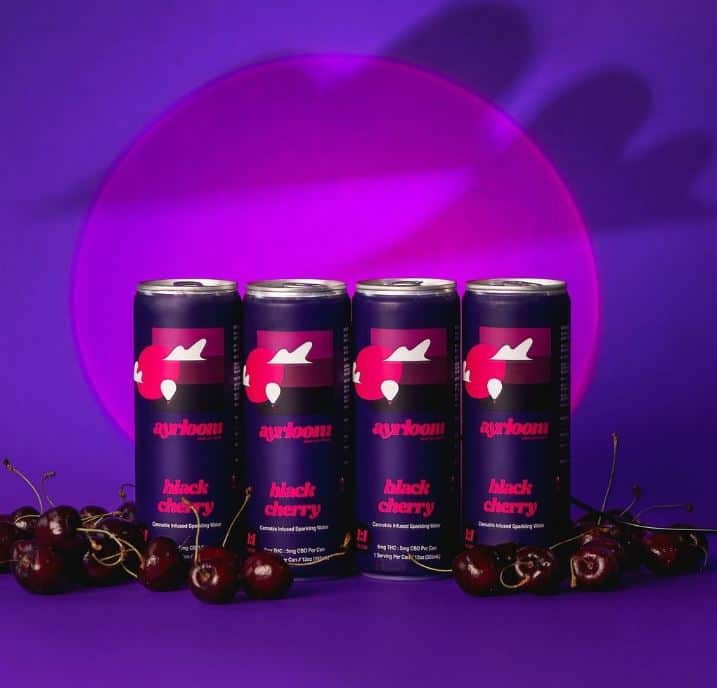
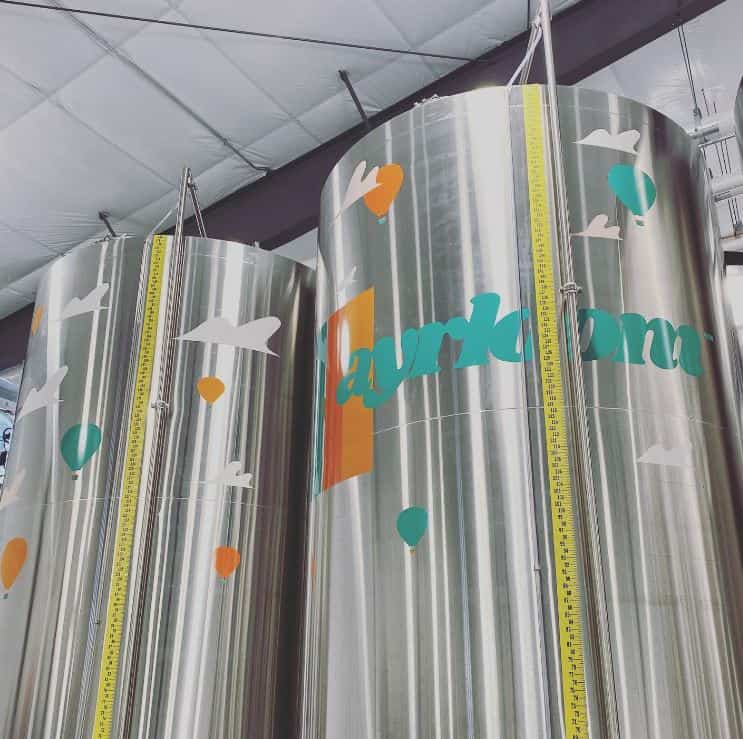
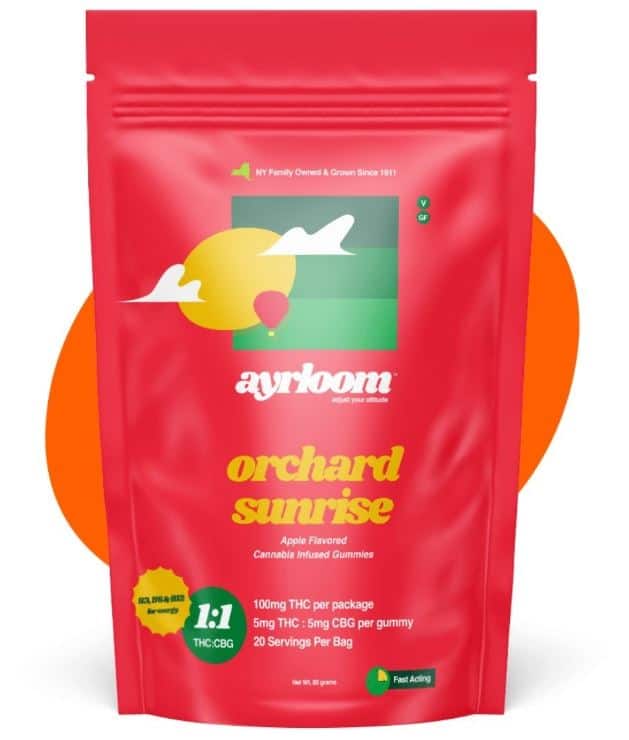
While most adult-use states require childproof packaging for cannabis products — including beverages — Gen 5 proved through third-party testing that children have trouble opening the traditional cans used for soda and beer, and New York regulators gave the company the green light to use them.
“Everyone always thought you had to use XO lids — the poppable and resealable kind,” Brennan said. “Most of the methods people are using make the entire can non-recyclable, so there was a green element to this as well.”
Because of the similarities in making beverages, getting into the cannabis industry made good business sense to Brennan, who experimented with the plant in high school and college. Now forty years old, Brennan has rediscovered marijuana. He says it’s helped him reduce his alcohol consumption and improved his ability to focus, and he hopes to educate consumers about marijuana’s benefits.
“I want to get new people into the category, whether it’s a mom with three kids or someone else who hasn’t used it before,” he said. “It’s an alternative to painkillers and opioids.
“I’m not of the belief that cannabis is a gateway drug. It can help people out of some of these habits they’ve found themselves in.”
And Brennan believes beverages are the way to get people to try cannabis.


